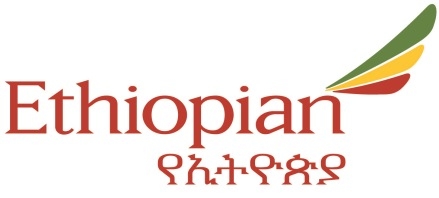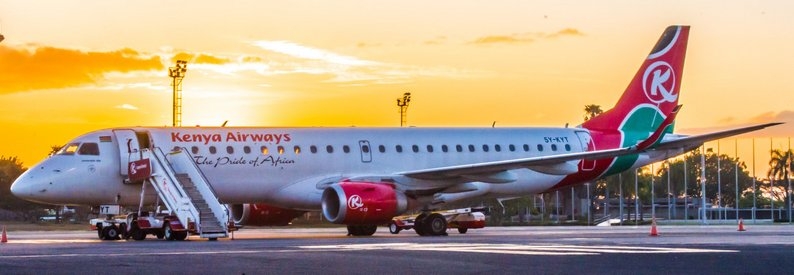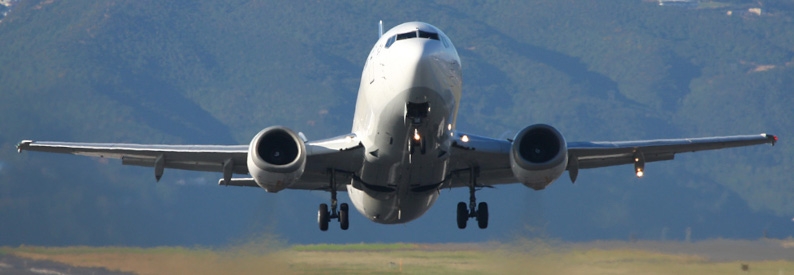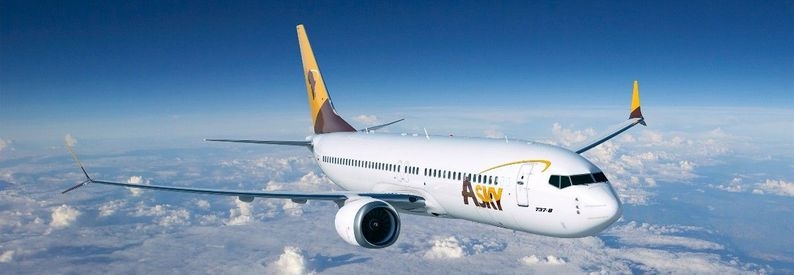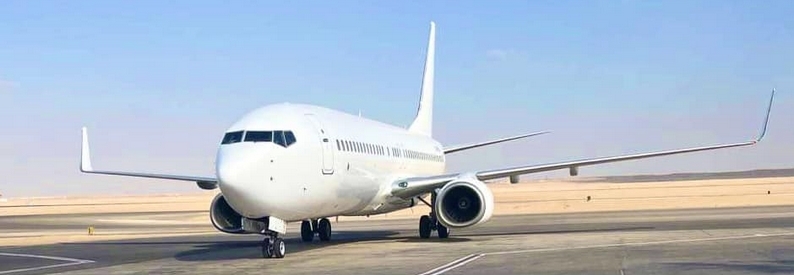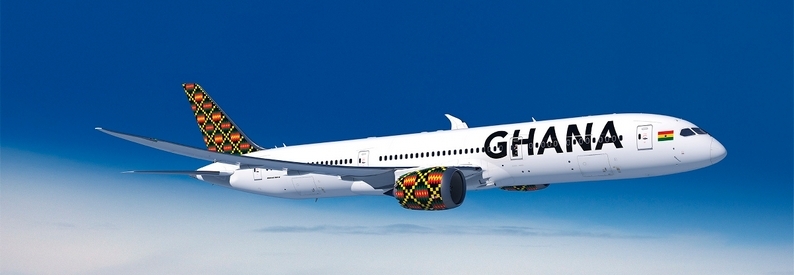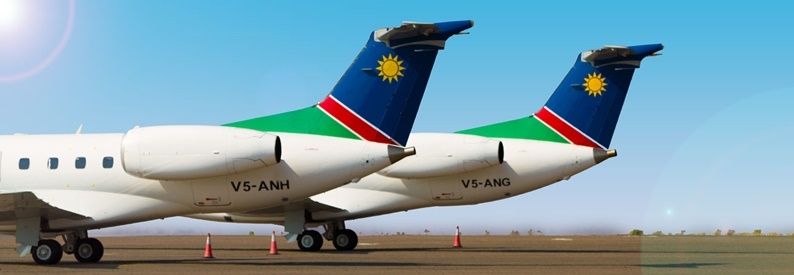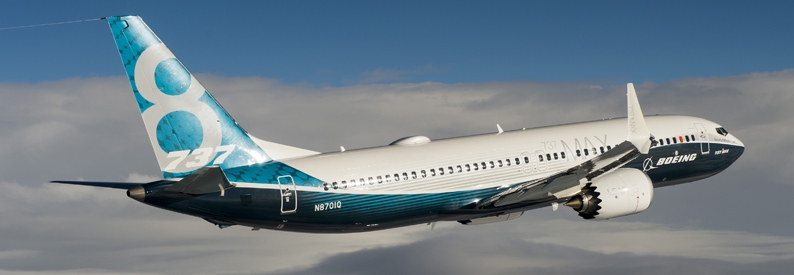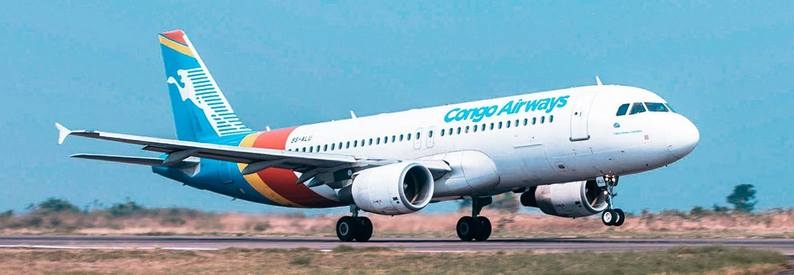Ethiopian Airlines (ET, Addis Ababa International) wants to almost double its fleet over the next 12 years and expand its global network to better compete with Gulf rivals between Asia, the Americas, and Europe, according to Chief Executive Officer Mesfin Tasew.
He told Bloomberg News that the state-owned carrier plans to grow its fleet to more than 270 aircraft by 2035 versus 140 now, to cover 200 airports worldwide. If successful, this new growth strategy could generate annual sales of USD25 billion from passenger and freight operations, up fivefold on 2021 sales. Revenues are expected to grow by 20% in the coming fiscal year ending in June 2023 from USD4.8 billion in 2021, with a profit target of USD600 million based on rising passenger numbers.
Ethiopian Airlines is to looking to compete with Qatar Airways and Emirates, which are themselves growing in Africa. Alongside Emirates and Turkish Airlines, Qatar Airways controls a significant chunk of the African long-haul market via its hub at Doha Hamad International. The airline is eyeing closer collaboration with RwandAir (WB, Kigali) and has invested in the new airport in Kigali.
Mesfin gave no fleet breakdown to Bloomberg, but he earlier told ch-aviation that the carrier planned to issue a Request for Proposals (RFP) by mid-2023 for medium-range jetliners to bridge the 100-120 seat gap between its regional and narrowbody fleet. Mesfin wants to reopen an evaluation done four/five years ago, during which the A220 from Airbus and the E195-E2 from Embraer were identified to slot in between its regional fleet of 78-seater DHC-8-Q400s and narrowbody fleet of 138-seater B737s. For the regional fleet, he said the Ethiopian flag carrier aimed to remain with De Havilland Aircraft of Canada for now.
Ethiopian Airlines already operates the largest fleet of thirty Dash-8-Q400s in Africa and the Middle East. It plans to grow its narrowbody fleet of eleven B737-8s, with 19 more on order. The current widebody fleet numbers nineteen A350-900s, the ch-aviation ch-aviation Commercial Aviation Aircraft Data module reveals. The order for the last four to be delivered was converted to A350-1000s as replacements for four B777-300ERs whose leases expire in 2026 and 2027.
One barrier to its growth strategy is the lack of progress on a new USD5 billion airport about 70km south of the capital Addis Ababa. Mesfin earlier told ch-aviation the carrier would need to relocate to the new airport by 2027 when the current Addis Ababa International Bolé International Airport reaches full capacity of 25 million passengers a year. The construction of the new airport is two years late and is yet to begin due to complications over land ownership.
- Type
- Base
- Aircraft
- Destinations
- Routes
- Daily Flights
